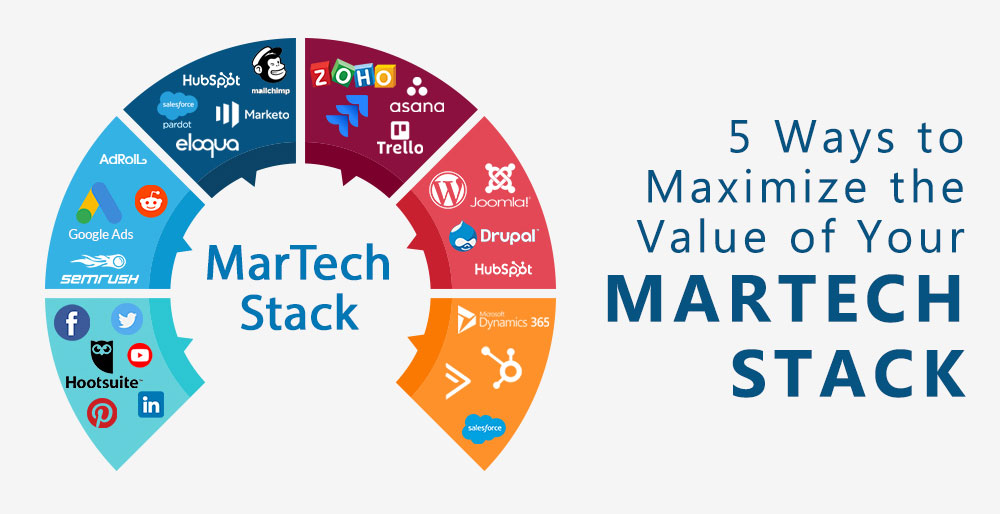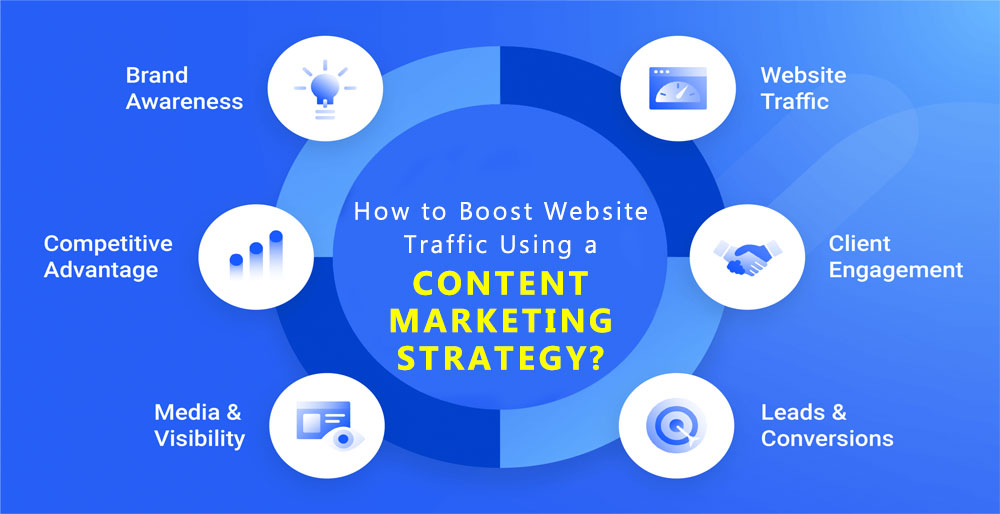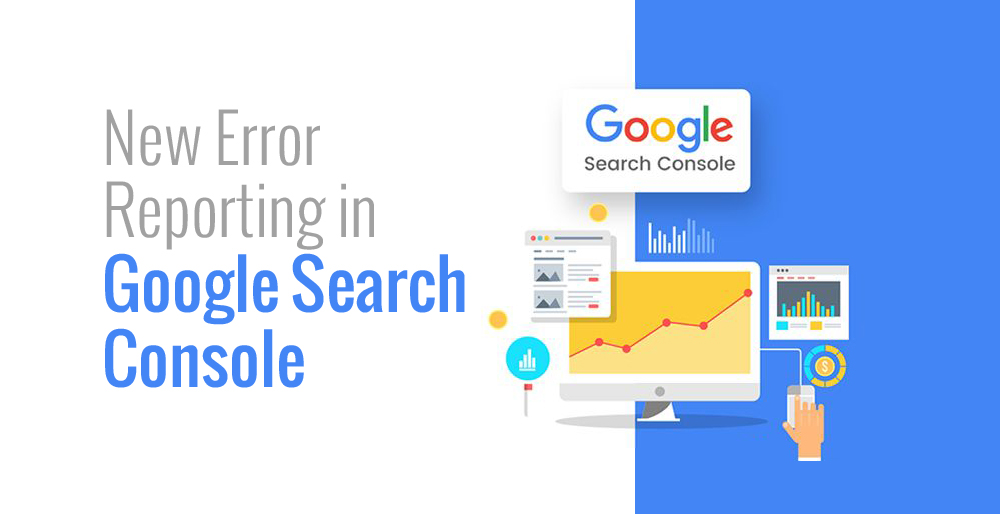Your content strategy will be more robust if structured data is used to inform it. When search engines crawl your website, structured data makes it easier for them to understand and contextualize the content. Your blog posts and web pages can be more effective when you know which schema.org types and properties are available.
The following short guide is for marketers, SEO’s, or anyone wanting to improve their google and other search engines. Our goal is to help you better understand some of the terms used in SEO and why they are crucial to your online organic growth strategy.
WHAT IS STRUCTURED DATA?
It facilitates the contextualization, understanding, and matching of website content with relevant search queries. “Search engine language” refers to structured data, also known as schema markup.
HOW DO UNSTRUCTURED AND STRUCTURED DATA DIFFER?
Simple and intuitive is the difference. An organized dataset is structured data, while an unstructured dataset is unstructured. The following example can illustrate unstructured data:
Salesforce Software Engineer John Smith.
Readers must independently classify all of this information, whether they are humans or robots. On the other hand, a structured data set would organize all of these properties and types in advance. The name “John Smith,” the role of “Software Engineer,” and the company “Salesforce” are examples.
STRUCTURED DATA: WHAT ARE THE BENEFITS?

A new layer of complexity is added to the internet every day. Even so, Google is still limited in its ability to organize the world’s information in a valuable and easy-to-use manner. Regarding relevant and helpful links, its search engine still has a lot of work to do. Google can serve this mission more efficiently through structured data.
As Structured data assists a search engine in understanding your content better, which leads to a more accurate ranking. They can then display rich snippets directly on the results page to present more information. Besides improving the search bot experience, you also improve the user experience by improving the results page with more information so that users can quickly resolve their queries.
STRUCTURED DATA HAS THE FOLLOWING ADVANTAGES:
- You will have a better understanding of your business, brand, and content if you let search engines understand all of it.
- Content is more accurately matched to relevant search results by search engines.
- Search engines include additional information on your content’s search results page, such as cooking locations, reviews, time and resources.
- By improving your brand’s knowledge graph and knowledge panel, Google builds a more accurate product.
- According to search engines, your content can rank higher if it is associated with more topics and subtopics.
- By improving search features like rich results, your content can stand out and solve queries faster in search results resulting in more organic impressions and organic clicks.
ON-SERP SEO AND STRUCTURED DATA
The goal of on-SERP SEO is to expand your presence on the first page of search results for your target keywords so that you can capture the attention and clicks of your target audience. Qualifying for relevant SERP features, such as Google Ads, Featured Snippets, Image Packs, and FAQs, is part of this process. Your content can be qualified for over 30 rich snippets by incorporating structured data, which can often be embedded directly in search results, maximizing their functionality and visibility. You can view the organic impressions and clicks your content generated in Google search by going to Search Console and clicking Performance > Search Appearance.
ARE YOU LOOKING FOR WEBSITE BENEFITS?
A world-class automated structured data solution is at your fingertips.
DEMO AVAILABLE
WHAT IS THE ROLE OF STRUCTURED DATA IN RANKING?

Google developers highly recommend structured data as a ranking factor, even though it isn’t a ranking factor YET.
Ultimately, Search Bots understand your content better by presenting it in a machine-readable context, matching it to more relevant queries, and displaying relevant rich results. These factors indirectly affect ranking factors like click-through rate and direct traffic since Google uses the data to show your links to more qualified audiences. Q&As, ratings, and reviews all enhance your connections and help customers answer their questions faster.
You must have it on your website to increase visibility in the SERP’s and indirectly influence rankings.
SCHEMA.ORG – WHAT IS IT?
By collaborating with Google, Microsoft, Yahoo, and Yandex, schema.org seeks to build a better semantic web through schema vocabularies. Marketers and website developers can use the schema.org types and properties in this initiative.
HOW SHOULD STRUCTURED DATA BE IMPLEMENTED?
Specifically, Google (international/worldwide market share of 87%) requires structured data markup to describe the page’s content and include visible information.
The recommended format for structured data markup is via JSON-LD, but there are other formats.
In addition to micro-data, micro-formats, and RDFA, there are other methods to express data to search engines. Still, these methods are mixed into the user content, making trying to communicate data to search engines difficult. Micro-formats, on the other hand, are like inserting subtitles or transcriptions into something written and hiding them in HTML for Google to find.
Structured data enhance your content.
Coordinating your content strategy with your structured data marketing strategy is important to ensure only visible content is marked up. Understanding Google’s rich result requirements will also help you maximize the power of structured data. The rich result requirements should be combined with more general schema.org properties to ensure your content meets both rich result requirements and stands out in search results with enhanced Google features.
Ensure you have a content and structured data strategy before implementing it. It is equally important to maintain and report your structured data. Structured data errors and warnings are displayed in Google Search Console to help you meet Google’s criteria. Thus, your content will continue to appear in rich results.
You can display aggregate rating, price, availability, and other schema.org properties in search results when you mark a product on your e-commerce site. By engaging with customers early in the buyer journey, your brand can reach out to them before they enter your website.
Defining entities strengthens your content.
As Consider the entities you wish to define as you develop your content. An entity is a well-defined and single thing or concept for SEOs. You can define objects in your content using specific identifiers (@ids aka URIs) that represent distinct entities and have their properties. Schema markup can link these entities to a search engine’s knowledge graph once they have been defined. Data and information across the Web are linked in knowledge graphs. Your website, content, and brand are all more relevant to Google when you build strong relationships between your well-defined entities.
Content is contextualized using entities, which form the foundation for structured data. Entities can be considered topics, and you can feel how other entities related to your primary entity – your brand or organization. In your content, how do you reference your entities? Search engines will index your content if you establish strong relationships between entities defined on your web pages, not just by natural language processing.
To You will be indexed by search engines if you link your web pages together in a meaningful way, not just by relying on natural language processing.
Structured data can improve your E-A-T
Expertise, authority, and trustworthiness stand for E-A-T. E-A-T is a key ranking factor for those seeking to improve their search rankings. The practice of E-A-T improvement can inform your content strategy in the same way as structured data and well-defined entities can.
Your site can be improved by adding content that supports E-A-T. Structured data can then be added to that content. Let’s examine each component of E-A-T.
Expertise is knowing or doing something well in a particular area. The search engine is looking for content created by experts in the field. As a result, content is a significant determinant of your brand’s expertise.
People or Organizations are the owners of all these properties! Use the same As property to link to any additional sites/social media for your Authors, Reviewers, and Publishers.
Content Strategy Correlates with Structured Data Strategy
You can build more robust content by considering structured data when constructing your website, regardless of whether you’re in healthcare, eCommerce, or real estate. Improve E-A-T and enhance Google features like rich results by helping search engines understand the entities defined on your web pages.
FAQs
Structured data: what are the benefits?

The value of structured data lies in its ability to drive measurable and actionable results. To help your brand stand out from the competition in search results, you should consider opportunities for rich results as you develop your marketing strategy. Besides rich effects, structured data has many other benefits – let’s look at our top ten.
What is the Schema App?
To maximize your organization’s results from structured data, Schema App combines advanced SaaS technology with high-touch managed services. Our team partners with you to develop a custom schema strategy showcases the unique value you provide in search. Is structured data holding you back from unleashing its full potential?
By leveraging structured data, we show off your business’s unique value in search. We help your digital marketing team be agile in a rapidly changing SEO environment, so you can focus on other parts of your business portfolio. We help you reach your online business goals using advanced technology and structured data expertise.
To learn more about iMetaDex™, click here.
MetaSense Marketing Management Inc.
866-875-META (6382)
support@metasensemarketing.com














































































































